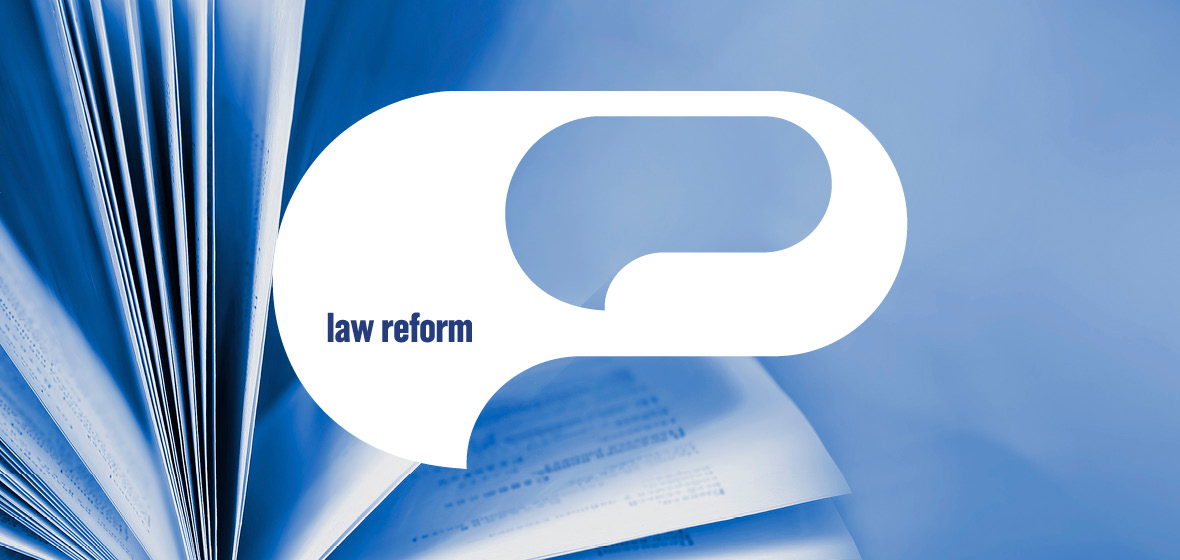Key developments
- Inquiry into the adequacy and scope of special care offences
- Surveillance Devices Act 2007 – police body-worn video provisions
- Removing unnecessary regulatory burdens on NSW businesses
- Gift card expiry dates
- Exclusions from stay of enforcement of ipso facto clauses
- Exposure draft of Strata Schemes Management Amendment (Building Defects Scheme) Bill 2018
- Joint Select Committee on Constitutional Recognition Relating to Aboriginal and Torres Strait Islander Peoples 2018
- National Children’s Commissioner Consultation on Australia’s progress in implementing the United Nations Convention on the Rights of the Child
- Modern Slavery Bill 2018 (NSW)
- Inquiry into local adoption
- Support for the expansion of the Youth Koori Court
- ALRC Family Law Review
- Legal Aid NSW services in North West NSW
- Independent National Security Legislation Monitor Review of the prosecution and sentencing of children for Commonwealth terrorist offences
Inquiry into the adequacy and scope of special care offences
The Criminal Law Committee contributed to a submission to a Parliamentary Inquiry into the adequacy and scope of special care offences. The purpose of a special care offence is to impose restraint upon a person who is in a position of power arising from a special care relationship. The offence under section 73 of the Crimes Act 1900 provides an exception to the age of consent. The Law Society submitted that, while it may be professionally unethical for people in a position of care to engage in sexual activity with a person under their care, it is a much bigger step for that conduct to be made criminal where there is no abuse of their position.
The Law Society did not support broadening the scope of special care offences, e.g. by including volunteers at schools, school workers who were recently ex-students, school workers who no longer work at the school, and youth workers and workers in residential care settings. The Law Society noted that these categories may or may not involve a power imbalance and would increase the risk of unintentionally criminalising ordinary human behaviour.


